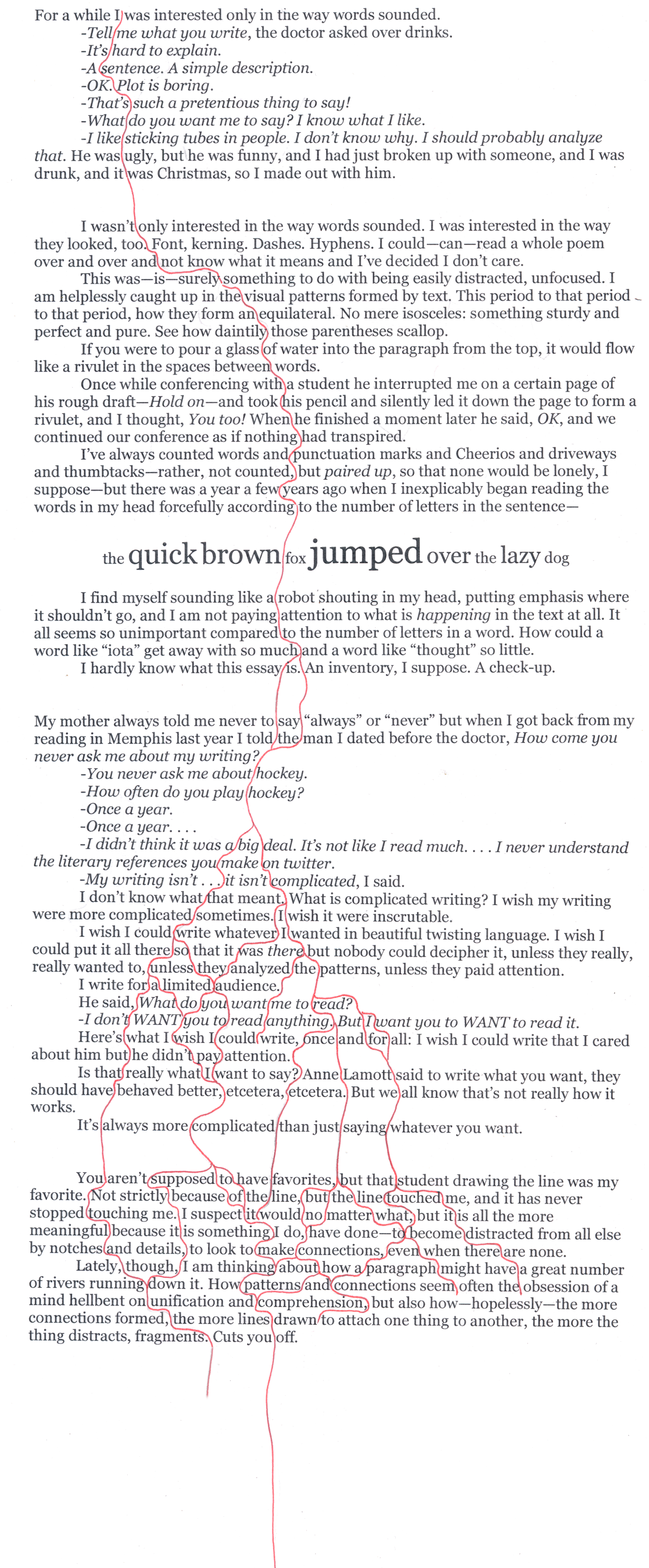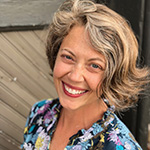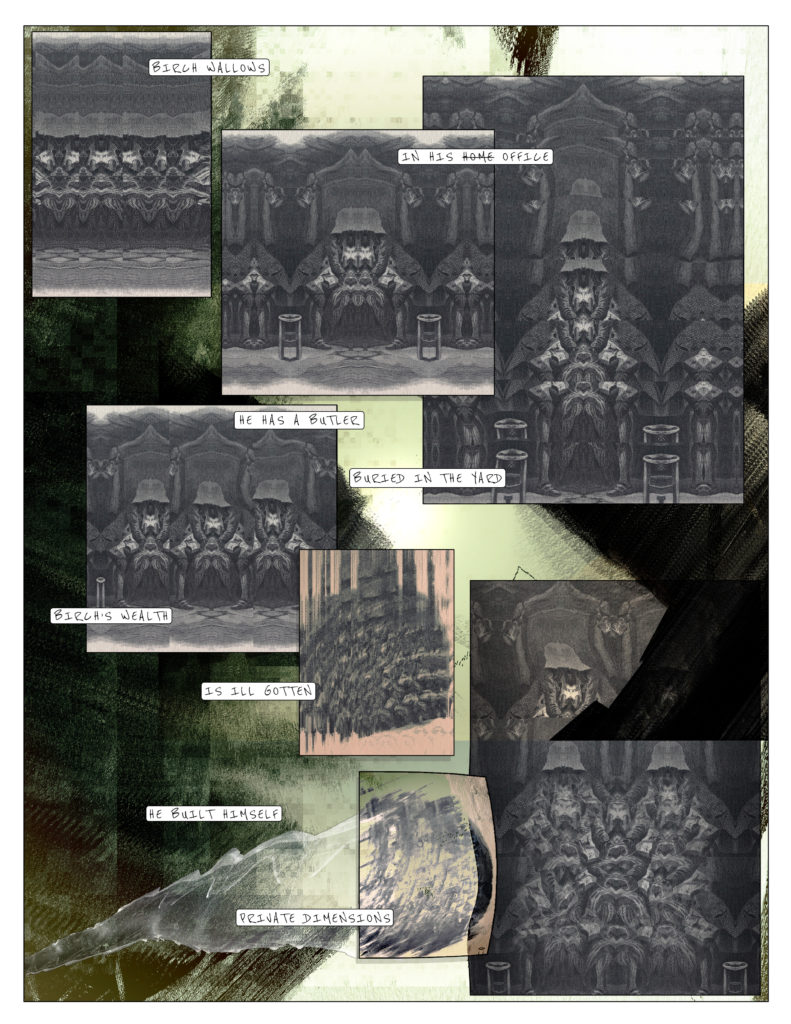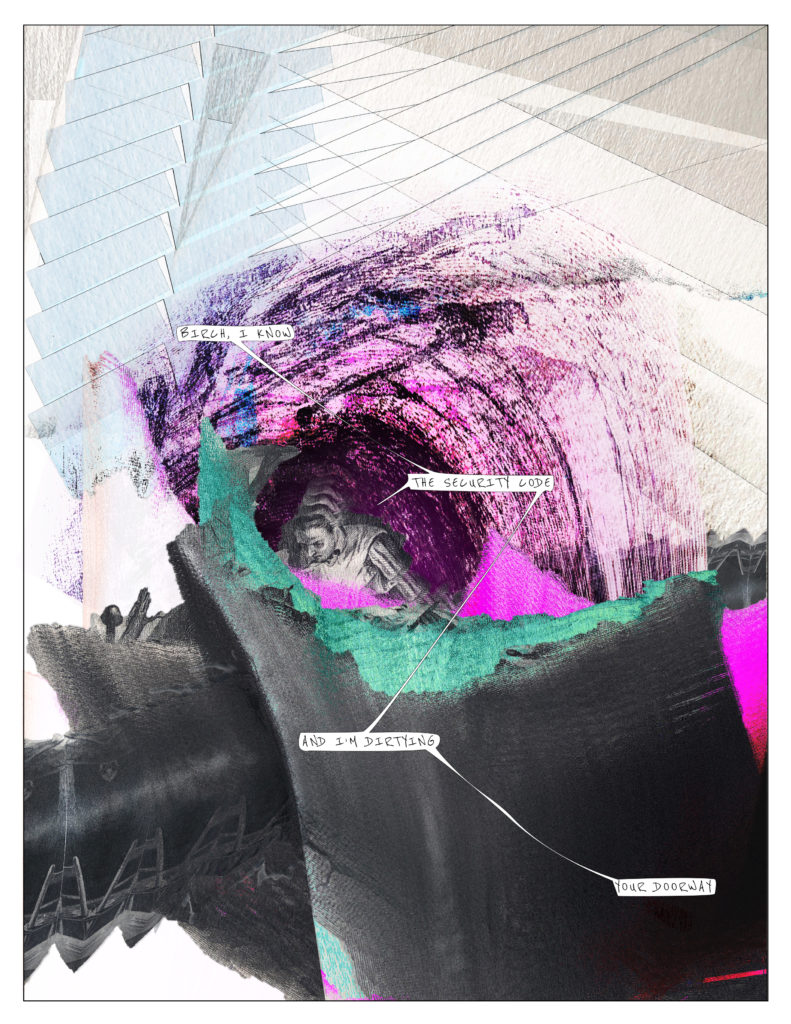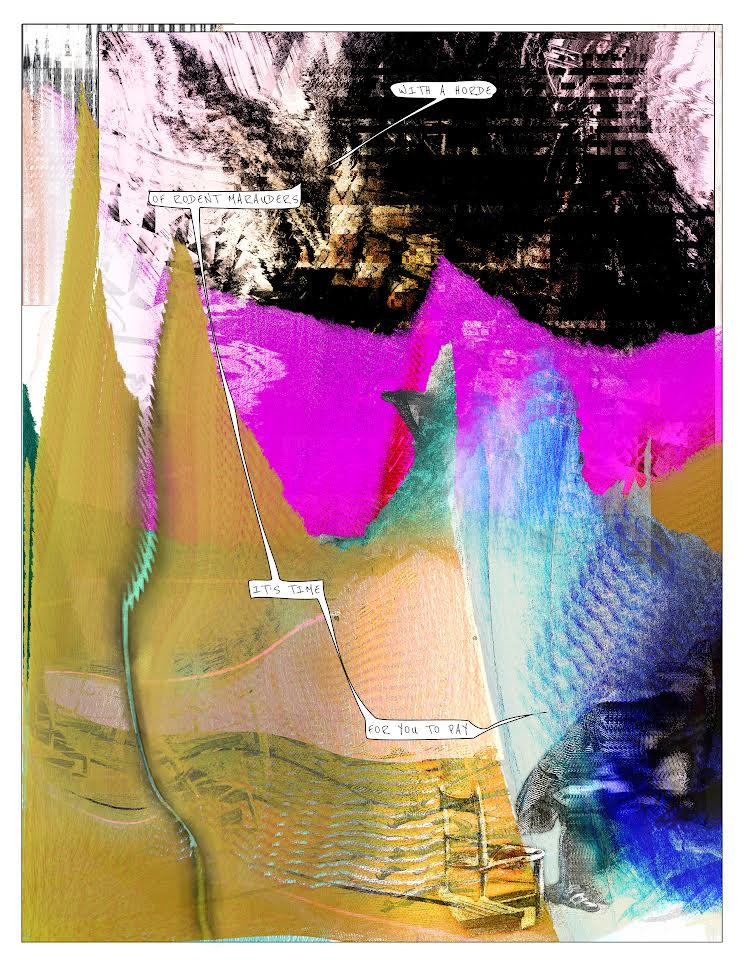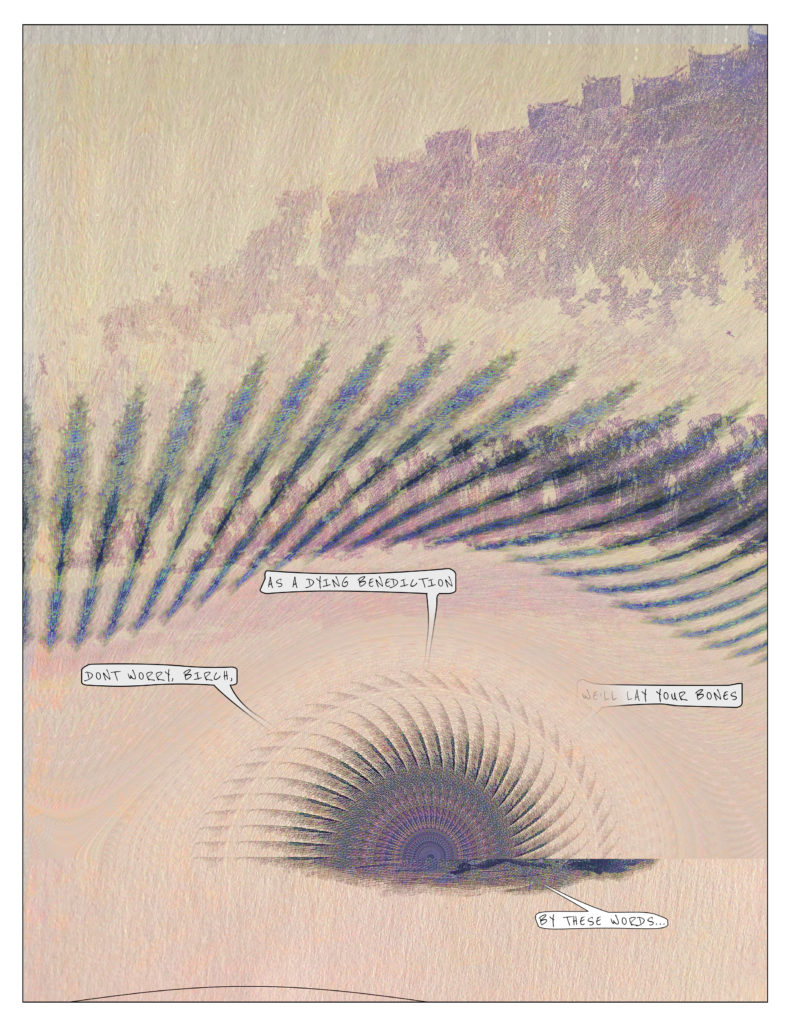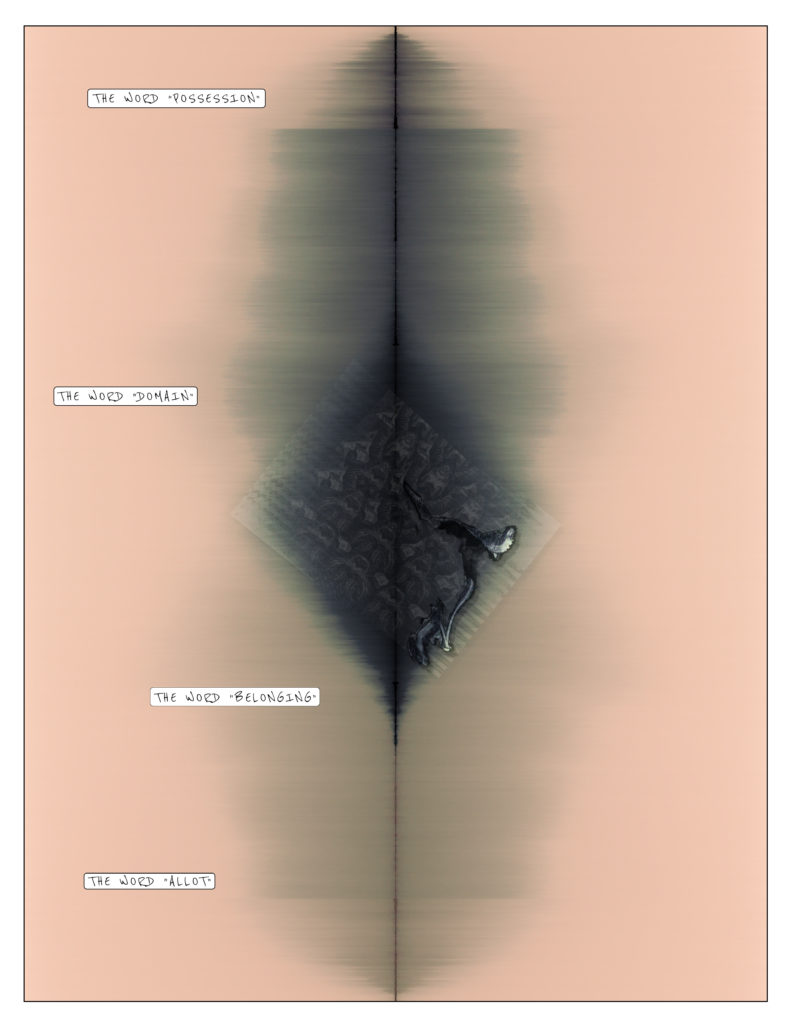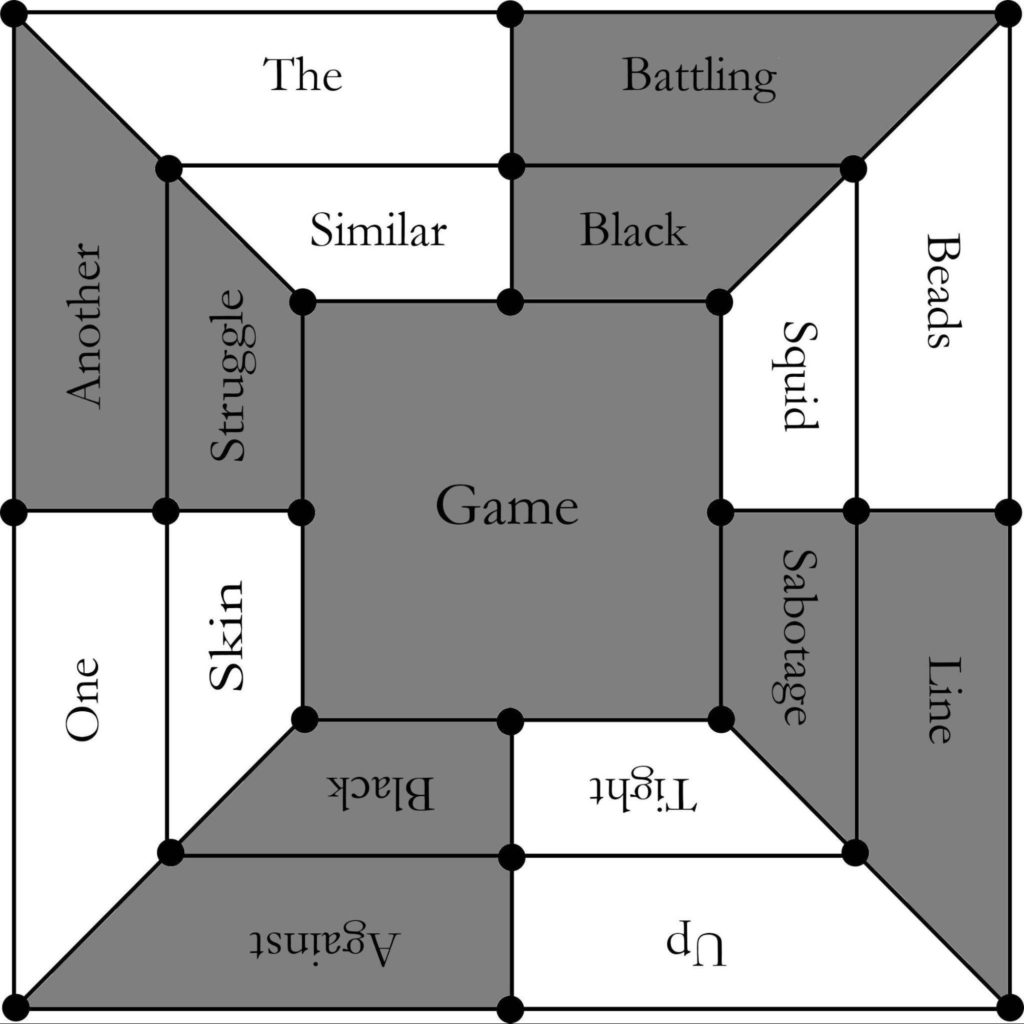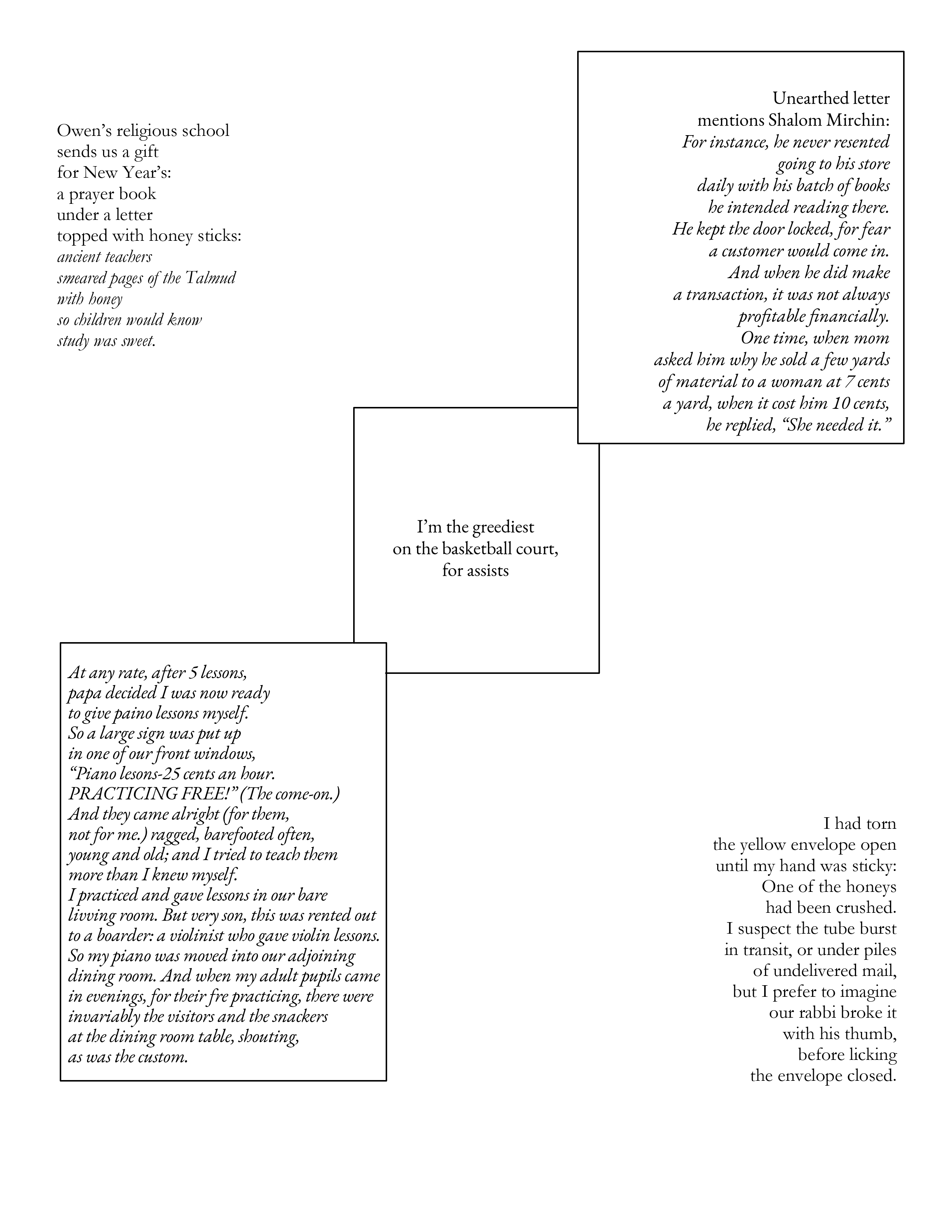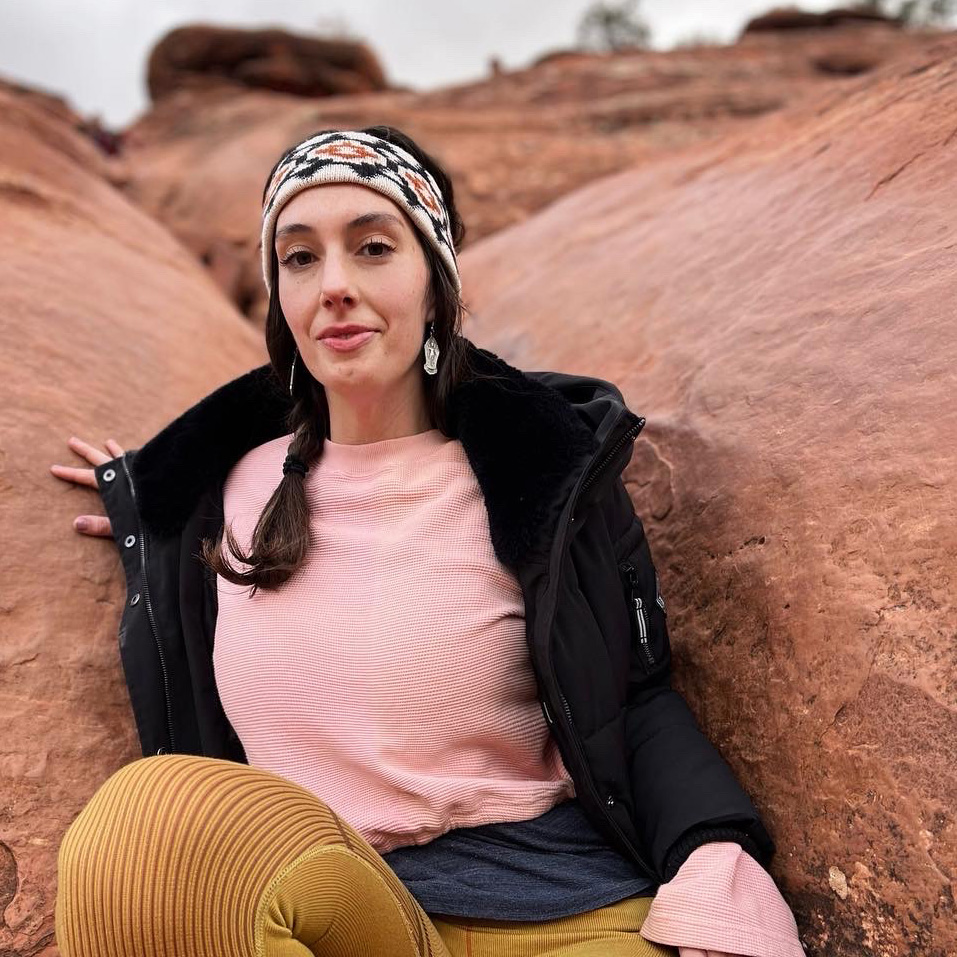I Am Still Thinking of That Raven by Ahmad Shamloo
Still
I am thinking of that raven in the Yoush valleys:
With its black scissors
over the blazed yellow of the grain field
intensely hissing
cutting a diagonal arc
from the opaque papery sky
And with its dry crackle
saying something
to the near by mountains
that the exhausted mountains
under the extreme sun
echo
astonishingly
in their stone heads
for a long time.
Sometimes I ask myself:
a raven
with its heavy endless presence
when
at the noon prayer time,
with its insistent sorrowful color
flies over the blazed yellow of the grain field
and passes over some poplars,
with that furious sound
what does it have to say
to the old mountains
that these sleepy tired worshipers
in the summer noontime
echo
endlessly?
In This Dead End by Ahmad Shamloo
They smell your mouth
Lest you have told anybody, “I love you.”
They smell your heart
Such a strange world it is, Nazanin.
And love
is whipped
near the road barrier.
We must hide love in the closet.
In this cold meandering dead end
fire
blazes
with poetry and songs.
Don’t dare a thought.
Such a strange world it is, Nazanin.
Whoever knocks on the door in the night
wants to kill the light.
We must hide the light in the closet.
Then there are butchers
on the way
with bloody logs and whittles
Such a strange world it is, Nazanin.
And they suture a smile on the lips
and a song on the mouth.
We must hide passions in the closet.
Grilled canary
on the Jasmine and Lily fire
Such a strange world it is, Nazanin.
The victorious devil
is celebrating our mourning
We must hide God in the closet!
Call For The Voyage by Mehdi Akhavan Sales
Like travelers in old tales
with shoulder-bags,
cane in their hands,
sometimes talking, sometimes mute,
walking that legendary foggy road—
we start our journey.
There are three roads.
A different story is written above each gate.
The first is the way to comfort and happiness,
too scandalous, but leads to a town with gardens.
The second— half fame, half infamy,
sometimes noisy, sometimes silent.
The third one, no return, endless.
I am so gloomy here
and all the musical instruments sound harsh.
Let’s get ready.
Embark upon the road of no return.
See if the sky is the same color everywhere.
You know this journey is not to the sky,
to Mars, cruel murderer,
to Venus, joyful widow whore
who toasted Hafiz and Khayam
and danced cheerfully
and today toasts MacNiece and Nima
and tomorrow will toast someone other than us:
someone who doesn’t belong to this group or that,
someone who belongs to the godless plain where
thousands of stars die and fall on the ground
with each beat of my heart
Let this pure heaven
be the place for good people like Jesus and the like:
bad people like me
never knew who their fathers were
and what was it they came for.
Let’s get ready,
and walk the road.
To the lands where
blood runs in my veins
like fire, alive,
not like this blood—old, dead, dark and sick
like a worm with no head or tail
inching along like a drunk
into my infected withered veins
toward my heart, with chambers in dark curtains,
and asks with a weak voice:
Anybody home?
Hey, I’m talking to you. Anybody there?
Did anybody bring a message for me? a glance? Perhaps a smile?
A warm handshake?
But there is no voice, no familiar light,
not even a deadly look.
There is no voice but the crying of a dying candle
which is desperate, close to dawn and death.
Then he moves on to another chamber
hoping to inhale fresh air
but there is hashish and opium from a dervish
who sings, “This world is old and ruined, shame on this Farhad murderer.”
And then he gets out, heading toward the shore.
After a boring exertion,
he goes back to the dark chambers and asks,
“Is anybody here?”
And he sees the same candle and the same whisper.
who asks you to stay here?
And you ask like that sick old man
“Oh, God in this dark night, where should I hang my ragged cloak?”
Let’s get ready,
and walk the road.
Where? Anywhere we can get to.
To the place where people say our sunset
paints the curtain of their dawn.
A golden flag in one hand, it says: it’s early.
A torch falling from the other hand, it says: it’s late.
Where? Anywhere that we can get to.
To the place where people say
a bright city is born like flowers from the sea
and there are springs
where crystal flowers of poetry grow
and a man drinks from that saying,
“Why should we bother watering a garden
that grows rosettes?”
To the place where people say there was a girl
whose death (like Taras Bulba’s death,
not like yours or mine) was another pure death.
Where? Everywhere that is not here.
Here, I fear a caress as I fear torture,
I fear the slapper as I fear the slapped.
I fear the image on the wall
that shows the Enemy,
with the monstrous whip of king Xerxes,
lashing madly, not the sea,
but my shoulders, my withered veins,
your living, my dead.
Let’s go
to the meadow where nobody has sown or reaped,
to the place where everything is virginal, untouched,
and has been like this from the beginning of time,
such a clean and pure place.
Toward the happy sun of the desert
that doesn’t leave a patch not drenched with its hot blood.
And we sail our boats on the endless green and velvet sea
like almond shells
and we teach the white seagulls of the sail
to embrace the wind
And we run fast sometimes, sometimes slow.
Come my sorrowful friend! You like me, sad and hopeless!
I am so gloomy here.
Let’s get ready,
and walk the endless road.
Translator’s Note:
Ahmad Shamloo and Mehdi Akhavan Sales are the most influential poets of Persian modern poetry known as Nimayi. Their styles and languages are complex. Shamloo uses the traditional imagery that reminds us of the works of Persian poets like Hafiz and Omar Khayyám. Akhavan’s poetry maintains elements of rhyme and rhythm and explores new ways of utilizing them. His writing style combines the liberal approach of Nima Yushij, with the epic language of Ferdowsi. Sales’s Winter, is a good example for understanding the depth of his conviction. Both poets focus on the theme and employ beautiful images, similes, metaphors and symbols.
Shamloo in the In This Dead End, uses themes like freedom and love to imply the dark repressive social and political situations of the society. He writes,
They smell your mouth
To see if you have told anybody “I love you.”
They smell your heart
Such a strange world it is, Nazanin.
He reminds us that in this cruel world, love is the only remedy and a gate to freedom. For Shamloo, love will lead us to truth and enlightenment. Love means salvation, means life. Hence, this love is forbidden in this “strange world” and we must “hide it in the closet.” Nazanin in this poem means darling. It is also a name for girls in Iran. Here, the poet calls us Nazanin that shows his love and respect for us—the readers.
Shamloo in his other poem, I Am Still Thinking of That Raven, brings modern poets in contrast to traditional poets through metaphors and symbols. Classical poets resist against the modern free verse. In this poem, Shamloo says that narrow-minded and prejudiced writers are “sleepy tired worshipers” that repeat their prayers in the summer noontime that even a raven’s croak does not wake them up. Raven symbolizes wisdom and knowledge; new ideas that to the classical poets sounds hoarse and unpleasant. “Still” in the poems implies the continuity of this confrontation in history.
Akhavan is known for his epic poems and symbolism. He writes about social and political issues, his life in prison and the past. In Call For The Voyage, disappointed poet is inviting us to take a journey with him and walk the endless, unreturned road. This road doesn’t lead us to fame or comfort; It is a road to utopia.
Where? Anywhere that we can get to.
To the place where people say
a bright city is born like flowers from the sea
and there are springs
where crystal flowers of poetry grow.
In this specific poem, he refers to the mythological and historical characters—Venus, Mars and Farhad—and famous poets and writers such as Hafiz, Khayyam, Fredrick MacNiece, Nikolai Gogol and Nima Yushij.
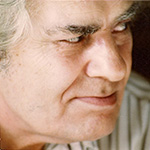
Ahmad Shamloo (1925-2000), also known as A. Bamdad, was a Persian poet, writer, translator, and journalist. He was one of the most influential poets of Persian modern poetry known as Nimayi. His thirteen-volume Ketab-e Koucheh (The Book of Alley) is a major contribution to Iranian poetry. This volumes help us understand the Iranian folklore beliefs and language. He translated from French into Persian and his poems have been translated into a number of languages. He is also called “poet of liberty.”
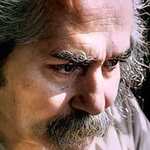
Mehdi Akhavan Sales (1926 to 1991) was born in Mashhad, Iran. He studied engineering but worked as a teacher in Tehran, where he became involved in politics and was sent to prison in 1951. He mixed Persian classic with Nimayi free verse style. Although Akhavan Sales’s poetic career began as early as 1942, he did not acquire the degree of recognition until he published his third volume of poetry in 1956, called Zemestan (Winter). This volume placed him among the top Persian poets. A Call For The Voyage is from this volume.
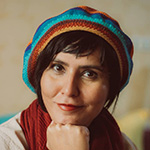
Fatemeh Madani Sarbarani is an Iranian translator, playwright, and dramaturge. She holds a Ph.D. in Theatre and Performance of the Americas from Arizona States University. She translates dramatic texts from Persian into English and Middle Eastern, Latin American and English plays into Persians. She is also a translator of Persian fiction and poetry. Fatemeh received a literary translation certificate from ASU’s School of International Letters and Cultures in 2017.
She translated into Persian two Argentinian plays The Walls and Antigona Furiosa by Geiselda Gambaro, an Iraqi play Baghdad Bathhouse by Jawad Al-Asadi, and I Am Yusuf and This Is My Brother by Amir Nizar Zuabi into Persian. Moreover, she translated an Iranian play, Tomb Dwellers, by Hossein Kiyani into English as a part of her PhD dissertation which was published by The Mercurian: A Theatrical Translation Review.

 BACK TO ISSUE
BACK TO ISSUE





